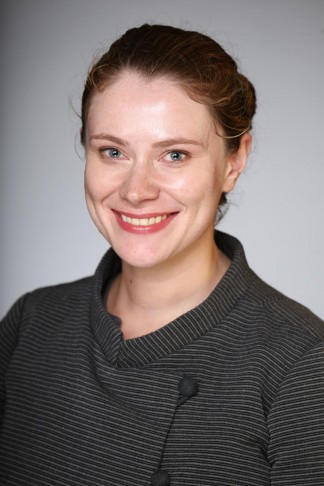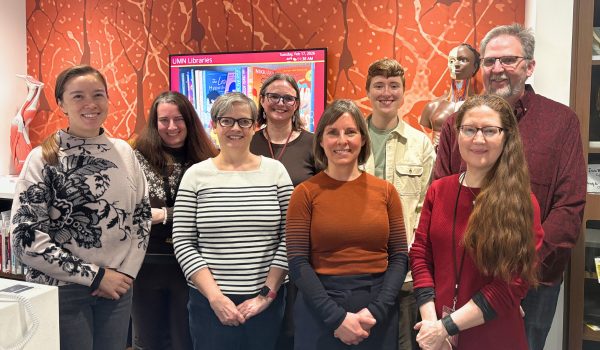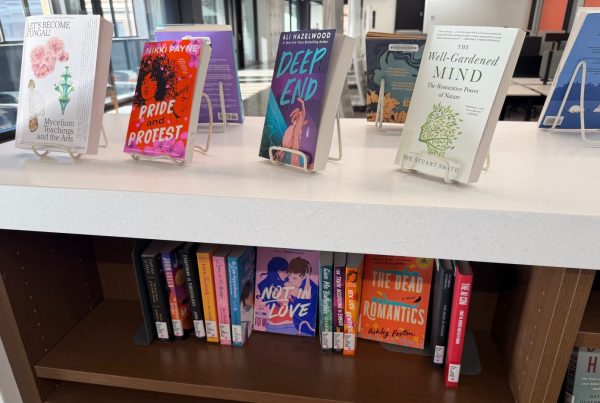Caitlin Bakker understands the importance of “Big Data” and the need for expertise in the Libraries to support faculty and researchers in this area.
Her own expertise and work over the last year as Biomedical/Research Services Librarian at the University of Minnesota is drawing attention – as evidenced by an invitation she received to join a panel presentation on big data in October at the annual meeting of the Medical Library Association’s (MLA) Midwest Chapter in Louisville, KY.
Panelists were asked to answer what is big data and what challenges and opportunities does it present.
“I was able to talk about the University of Minnesota’s Research Data Management Policy and our Data Repository for the University of Minnesota (DRUM),” Bakker said.
DRUM is a repository for digital research data generated by University of Minnesota researchers, students, and staff. DRUM provides long-term digital preservation and open access to data.
“DRUM is a great example of how we provide value-added services to support our faculty, including adding metadata and adding digital object identifiers,” Bakker said.
Bakker’s fellow panelists at the MLA meeting included colleagues from the University of Alabama at Birmingham, the University of Illinois at Chicago, and Indiana University Purdue University Indianapolis.
Libraries’ support of big data
Bakker’s talk also touched upon how the University Libraries’ is addressing big data needs through the Data Management and Curation Initiative and the Research Services Coordinators – librarians who work directly with researchers to support their information needs.
“With the growing needs related to understanding and using big data, librarian support for researchers is increasingly important,” Bakker said.
That support includes hands-on teaching that she and her librarian colleagues provide. In addition to offering customized training for labs and research groups, Bakker was part of a weeklong data management workshop for graduate students. This year, over 50 students from 27 departments across campus were selected to participate through a competitive application process.
As Bakker is recognized for her accomplishments, she maintains a busy schedule working with researchers in the Medical School and across the Academic Health Center. Her work is a great example of how the Libraries are making a difference for researchers.





